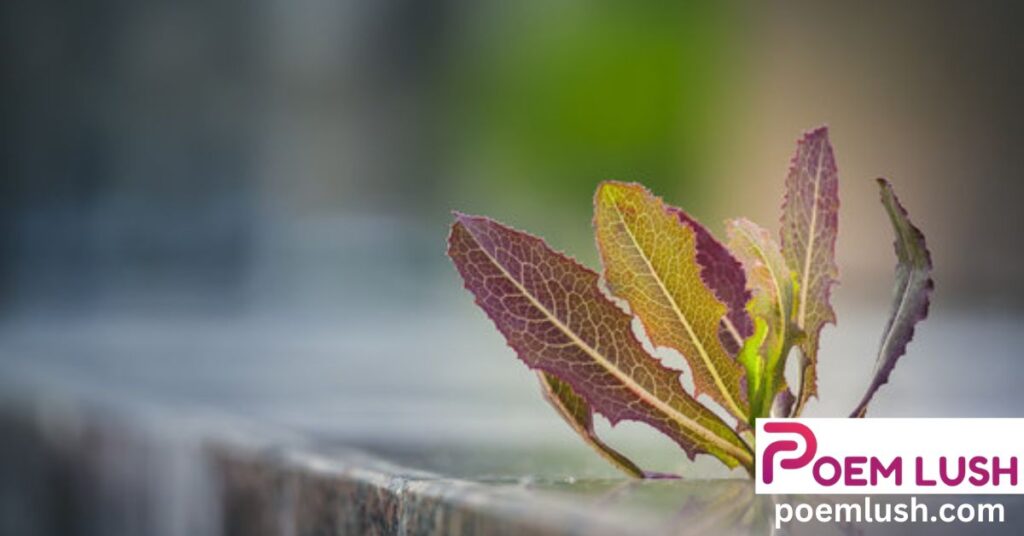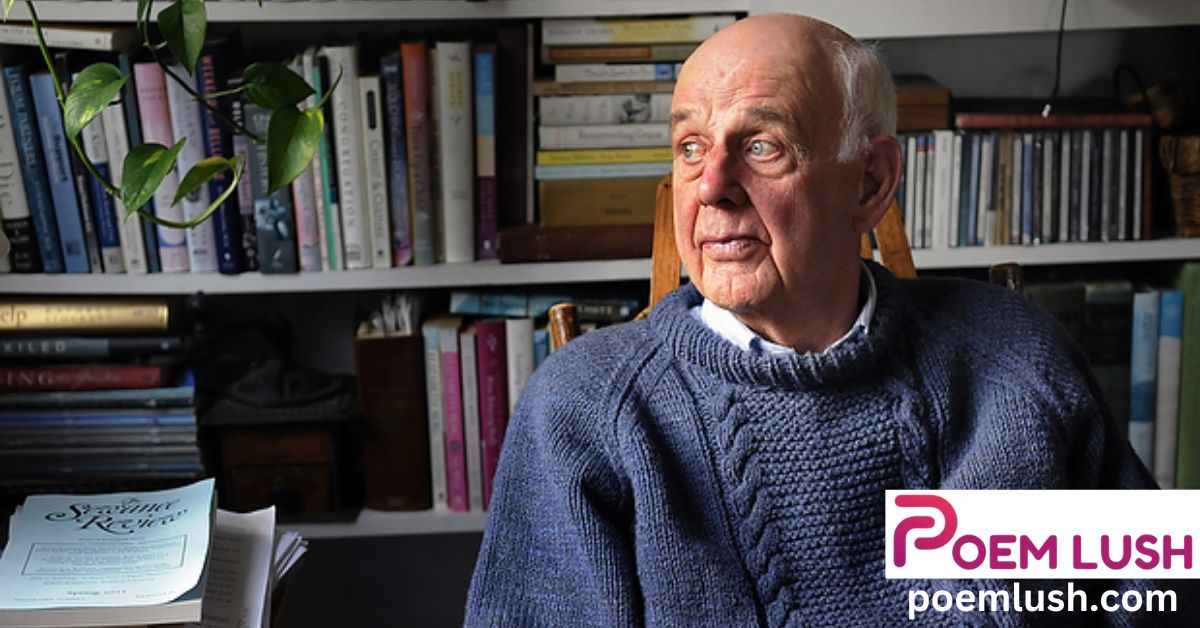Earlier this year, we dedicated an entire week to diving deep into the writings of Wendell Berry — reading his essays, reflecting on his poetry, and trying our best to mirror his distinctive literary voice. It didn’t take long for us to fall in love with his calm wisdom, his grounding in nature, and his deeply human insights on modern life.8 Unforgettable Wendell Berry Quotes That Will Leave You Thinking
Wendell Berry is not just a writer — he is a farmer, a philosopher, and a fierce advocate for simplicity, community, and sustainability. His words have a way of piercing through the noise of the modern world, reminding us of what truly matters. Below are eight unforgettable Wendell Berry quotes that moved us, challenged us, and left us inspired.8 Unforgettable Wendell Berry Quotes That Will Leave You Thinking
1. On Loneliness, Drugs, and Modern Disconnection

“People use drugs, legal and illegal, because their lives are intolerably painful or dull. They hate their work and find no rest in their leisure. They are estranged from their families and their neighbors. It should tell us something that in healthy societies drug use is celebrative, convivial, and occasional, whereas among us it is lonely, shameful, and addictive. We need drugs, apparently, because we have lost each other.”8 Unforgettable Wendell Berry Quotes That Will Leave You Thinking
― Wendell Berry, The Art of the Commonplace: The Agrarian Essays
This quote hits hard. Berry highlights the emotional and spiritual isolation in our culture. He doesn’t just criticize drug use — he points to its root causes: a broken society where people feel disconnected and unfulfilled. His words challenge us to rebuild our relationships and find joy in genuine community.8 Unforgettable Wendell Berry Quotes That Will Leave You Thinking
2. On the Burden of Clutter
“Don’t own so much clutter that you will be relieved to see your house catch fire.”
― Wendell Berry, Farming: A Hand Book
A brutal yet poetic reminder about materialism. Berry isn’t just talking about physical clutter — he’s pointing to the emotional weight of our attachments. This quote invites us to live more simply, to detach from things, and to focus on what truly nourishes the soul.8 Unforgettable Wendell Berry Quotes That Will Leave You Thinking
3. On the Two Muses
“There are, it seems, two muses: the Muse of Inspiration, who gives us inarticulate visions and desires, and the Muse of Realization, who returns again and again to say ‘It is yet more difficult than you thought.’”
Here, Berry reflects on the creative process with brutal honesty. Inspiration may come in a flash, but turning vision into reality requires persistent, patient effort. He reminds us that true creativity is hard work — it demands discipline, resilience, and humility.8 Unforgettable Wendell Berry Quotes That Will Leave You Thinking
These quotes are just a glimpse into the wisdom Wendell Berry offers. His work encourages us to slow down, to be present, and to reconnect with the land, with each other, and with ourselves. Whether you’re new to his writing or a long-time fan, there’s always more to discover in his thoughtful, timeless prose.8 Unforgettable Wendell Berry Quotes That Will Leave You Thinking
“Honoring Nature and Embracing Our Shared Responsibility – Inspired by Wendell Berry”

Wendell Berry, a renowned environmentalist, writer, and farmer, has long been a voice for nature and humanity’s deep connection to the Earth. Through his powerful words, he reminds us of the moral, spiritual, and practical responsibility we carry as stewards of the environment. 8 Unforgettable Wendell Berry Quotes That Will Leave You Thinking
One of Berry’s most striking insights is this:
“Whether we and our politicians know it or not, Nature is party to all our deals and decisions, and she has more votes, a longer memory, and a sterner sense of justice than we do.”
This quote beautifully captures the idea that nature is not just a passive background to human activity—it is an active force, a witness to every decision we make. Every policy, every business deal, every act of deforestation or pollution, all echo into the natural world. And nature, in its quiet but firm way, responds—with floods, droughts, extinction, and climate change. Its memory stretches beyond generations, and its justice, though slow, is deeply rooted and unforgiving.
Berry also challenges the selfish worldview that has dominated much of modern history:
“We have lived our lives by the assumption that what was good for us would be good for the world. We have been wrong.”
This powerful reflection invites us to shift our perspective. We cannot continue to act in ways that benefit only ourselves while harming the planet. Instead, we must reverse our thinking—consider first what is good for the world, and trust that such choices will, in turn, nourish us too. To do this, Berry argues, we must make a conscious effort:
“We must change our lives so that it will be possible to live by the contrary assumption, that what is good for the world will be good for us. And that requires that we make the effort to know the world and learn what is good for it.”
Knowing the world means understanding ecosystems, respecting biodiversity, and becoming more aware of the impact of our actions. It calls for humility, patience, and education. It’s not easy, but it’s necessary for the future of both humanity and the planet.
Amidst these serious truths, Berry also reminds us to embrace joy:
“Be joyful because it is humanly possible.”
In a world facing so many challenges, joy can feel rare. But Berry encourages us to seek joy not as an escape, but as a celebration of life, resilience, and the beauty that still surrounds us. It’s a form of resistance against despair.
His deep respect for the land and the sacredness of place is also evident in this profound line:
“There are no unsacred places; there are only sacred places and desecrated places.”
Every inch of this Earth holds value. From the highest mountains to the smallest streams, from rural farms to urban parks—each place is sacred, deserving of care and reverence. When we harm the environment, we are not just damaging land—we are desecrating something sacred.
Finally, Berry leaves us with a call to action that sums up his philosophy:
“The care of the Earth is our most ancient and most worthy, and after all our most pleasing responsibility. To cherish what remains of it and to foster its renewal is our only hope.”
This is more than just environmentalism—it’s a moral duty. Caring for the Earth isn’t a burden; it’s a privilege. It connects us to our ancestors, our communities, and our children’s future. It is the foundation of true hope.
Conclusion
Wendell Berry’s words offer more than just poetic beauty—they provide deep reflections on life, nature, community, and the human spirit. Each quote invites us to slow down, think deeply, and reconnect with what truly matters. Whether you’re seeking wisdom, peace, or a fresh perspective, Berry’s timeless insights continue to inspire and challenge readers across generations. Let his words stay with you, encouraging thoughtfulness and a deeper appreciation for the world around you.
FAQs
Who is Wendell Berry?
Wendell Berry is an American novelist, poet, essayist, environmental activist, and farmer. He is widely known for his deep reflections on nature, community, sustainability, and simple living.
Why are Wendell Berry’s quotes so powerful?
Berry’s quotes resonate because they are grounded in truth, nature, and human values. His words often challenge modern lifestyles and inspire readers to think deeply about their relationship with the earth and each other.
What themes are commonly found in Wendell Berry’s work?
Common themes include environmental stewardship, the importance of community, rural life, sustainable agriculture, and the dangers of industrialization and consumerism.
How can I apply Wendell Berry’s wisdom in daily life?
You can apply his insights by embracing a simpler lifestyle, valuing community and relationships, making environmentally conscious choices, and supporting local food systems.
Where can I read more of Wendell Berry’s writings?
His books, essays, and poetry collections are widely available online and in bookstores. Popular titles include The Unsettling of America, Jayber Crow, and Hannah Coulter.


